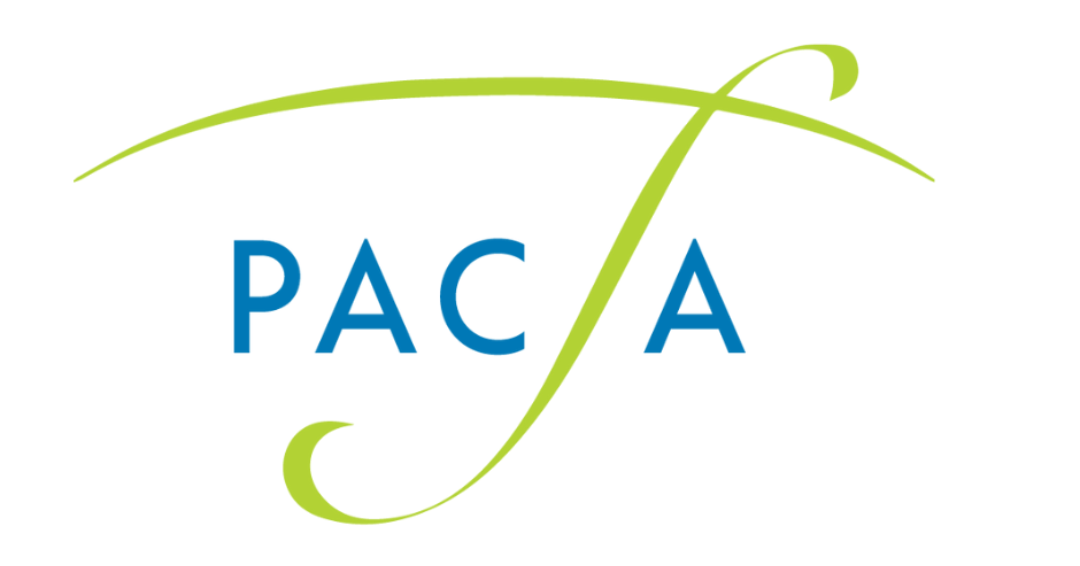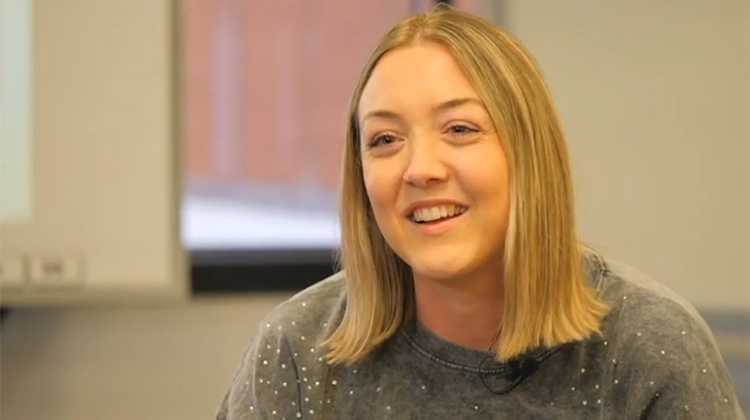School education shouldn’t be battle of public v private

Time to admit, our current national vision for school education is a complete dog’s breakfast. It is clear that if we don’t act now, we are plunging towards a divided society. However the current crisis in Australian schooling is not caused by crisis of funding, but a confusion of narrative.
Lying at the core of Australian education is a 150-year-old narrative, lived so long for so many of us in education- that is hard to shake: schooling should be primarily about alleviating disadvantage, equity, and delivered through a centralised government agency. This is perceived as an essential standard for a morally good education system and a decent nation.
This was certainly needed at the inception of public schooling 150 years ago, and maybe even 35 years ago when I went through public schools in tough neighbourhoods in remote NSW and South Western Sydney.
But times have changed: now most Australians, in relative terms, are not disadvantaged. Not at all. We enjoy one of the highest GDPs in the world, with an expansive social wage. Between the time I started work, to now, average incomes have doubled. The working class as a defined social block no longer exists- many who work with their hands are more wealthy than many professionals, and they certainly no longer vote in a predictable way.
And we now have an unintended dual schooling structure that is careering wildly off like a runaway cart, with no particular narrative to explain it, created by a massive Australian private school sector. Migration of students into private schools is creating a spiral of disadvantage in many state schools for those students left behind.
However the most prominent defenders of Public schools over the last 20 years have become trapped in a single, self-defeating mantra: that public resources need to be stripped from private schools and reallocated back to the state sector, problem solved. This is regarded by such advocates as a moral truism: public good; private bad. It is what I was taught when training as a teacher. It is still taught.
However, given the staggering size and popularity of private schools in Australia, this is a futile, zero-sum argument, now fiscally and electorally impossible, and hence doomed to failure. It also misunderstands one of the key elements of democratic capitalism, first expressed by Alexis De Toquville in 1835: that equity is always in creative tension with personal liberty in democracies. British economist Martin Wolf characterises this as ‘a very complicated marriage… of liberal democracy, and liberal market capitalism: a marriage of complimentary opposites’. To cast the millions of Australian parents who choose private schools as the baddies, is not only patronising, but pointless. They are trying to make decisions for the best life for their own children: if not for the best life of all children. They are prioritising the pursuit of personal family liberty, over an older concept of collective equity in schooling. To choose the best for their children is what all good parents should do, if they can. The increasing tragedy in Australian education is that parents increasingly feel they have to make this choice, where the choice should be one and the same- what benefits my child, benefits all.
The school funding argument is also unfactual, sometimes wilfully. There are definite pockets of disadvantage in Australia, some of them dire, some of them a profound collective moral failure of our society. But they are not caused by lack of school funding. Remote schooling does not lack funding, far from it. What it lacks is consistent longevity of staffing and, even worse, longevity of school principal tenure: a complex problem born of vast geography and inappropriate teacher training models. In the case of remote Indigenous schooling, the staffing crisis is compounded by intergenerational trauma from violent dispossession and 200 years of cultural genocide. But not, I repeat, from lack of school funding.
The stories we construct our lives upon, define our lives. The current crisis in Australian public schooling is not a crisis of funding, but a confusion of narrative: if most Australians are advantaged, then why on earth, if they have other choices, would parents preference a public school system that is defined by the alleviation of disadvantage?
I would argue that this is one of the deepest, inarticulate push factors of enrolments into Australian private schools, most of which are not elite nor high-fee, despite the interminable but delicious gossip in the media about a tiny handful of rich private schools with pools. There is a widespread perception that more advantage will come to students in private schools, for parents already, by simple dint of being Australian, on a pathway to advancement. Even for those families with very little, but with yet great pride and ambition, such as many new migrant families, this narrative is far more appealing than a schooling for disadvantage. And yet this story of advantage, is built upon the same zero-sum argument. Private takes from public, someone wins, someone else loses, with no net gain to the nation.
To build a strong public education system, we need to start by building a different narrative for the first time in 150 years. One that accounts for the inevitability of a strong, highly diverse non-government schooling sector in the educational social contract. There is a new Federal Education Minister, Jason Clare, with avowed nation-building aspirations. Highly experienced mandarin Tony Cooke has just been appointed the new Secretary of the Commonwealth Education Department. Other Deputy Secretary positions are being filled with new, highly competent and experienced leaders. The time is ripe for us to hit the reset button.
State and Federal ministers, and all sectors, need to come together, and create a new, comprehensive vision for all schooling, redefined by how it can advantage those already advantaged – that being, most of the Australian populace. There needs to be a genuine choice between a fee-paying private school, and a local comprehensive public school- such that parents will wonder why they would bother paying school fees, when they can get the same outcomes and similar experience down the road for free. Public education still needs to accommodate those children trapped in disadvantage, and private schools should do so also, even more so in fact. But this should not define schooling. With both sectors level-pegging, they will have an incentive to improve, to specialise, with a net gain to the nation in learning outcomes and the prosperity that follows.
A new narrative needs to bring both sectors together in a mutual nation-building vision. Both sectors need to be incentivised to find tangible ways to connect across sectoral divisions around community building projects, and even perhaps a healthy, orderly exchange of students when needed. Both sectors need to recognise and cherish the right for each other to prosper. Advocates of both need to stop the zero-sum rhetoric of winner takes all. We can all win, indeed we must. Desperate citizens, left in declining public schools, do not make good citizens. I do not want to see once more, the violence born of poverty that I witnessed growing up on the wrong side of the Australian tracks. Martin Wolf again: “In democratic capitalism, we have created far too many angry, disappointed, furious, disillusioned people. And they vote for crazies…. we have to get back to a politics which at its core… is about ensuring that all our people feel valued and respected by our society”. This begins with how we educate our children.

